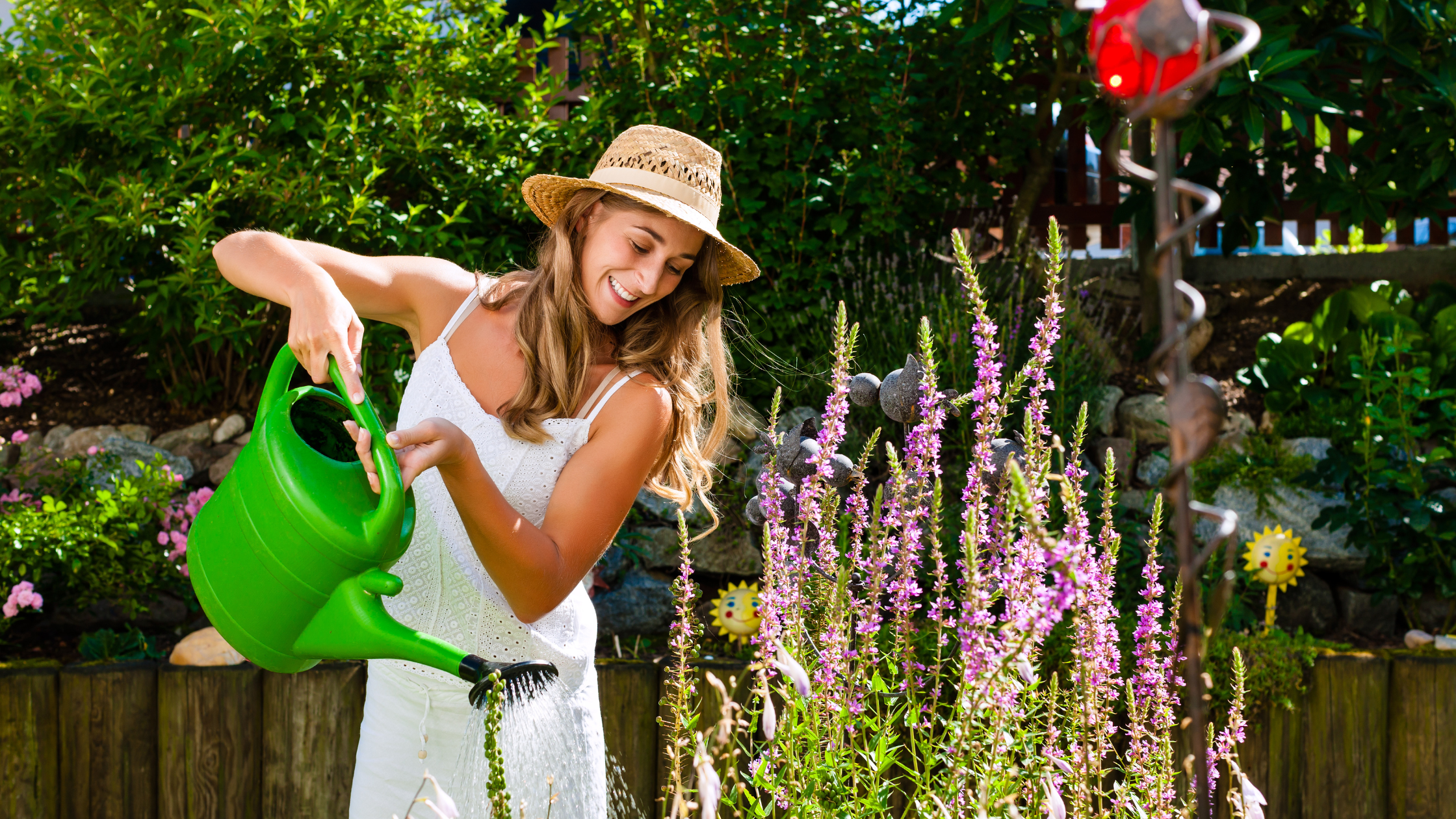Practicing proper body mechanics is one important aspect in preventing strain and injury while gardening, alongside continuing to move and exercise outside of the garden. Even if you don’t currently have pain, feel free to utilize your available resources and schedule with Aware Health to learn gardening and exercise tips from a physical therapist. Here, we’ve outlined a few guidelines on body mechanics and other essential aspects to garden responsibly.
Here are 10 tips to help you reduce the risk of injury and do your best work while in the garden:
-
Warm up: Before you start gardening, warm up your body with some light stretching exercises, squats, or a walk around the block. This helps prepare your muscles for physical activity.
- Use proper tools: Choose gardening tools that are appropriate for your height and strength. Long-handed tools can help reduce strain on your back and promote natural body mechanics.
- Lift with your legs: When lifting heavy objects, such as bags of soil or pots, bend your knees and use the strength of your leg muscles to lift.
- Use a stool or kneeler: If you spend a lot of time working at ground level, use a gardening stool or kneeler to reduce strain on your knees and back. This can help you maintain a more comfortable and stable position.
- Vary your tasks: Avoid prolonged periods of the same activity. Take breaks and switch between different gardening tasks to give different muscle groups a rest.
- Keep a short lever: Whether you're digging, weeding, or planting, try to stay close by the object while bending forward, to avoid lumbar strain from leaning forward for an object that is further away from you.
- Pace yourself: Gardening can be physically demanding, so listen to your body and take breaks when needed. Don't overexert yourself in one session. Spread out tasks over multiple days if necessary.
- Get help when needed: When moving heavy objects, such as bags of soil or large pots, get help if needed. If you are gardening alone, use a wheelbarrow or other assistive devices.
- Stay hydrated: Drink plenty of water to stay hydrated, especially during hot weather. Dehydration can lead to muscle cramps and fatigue.
- Stretch and cool down afterwards: After you finish gardening, take a few minutes to stretch your muscles and finish how you started, with a quick walk around the block. Focus on stretching your back, shoulders, and legs to help alleviate any muscle tension.
Remember, it's important to listen to your body and take breaks as needed. If you experience pain or discomfort that persists, it's best to consult with a healthcare professional. Schedule with an Aware Health telehealth specialist to discuss any specific pain points that may be holding you back this gardening season.
We hope to see you soon, and see pictures of your garden!

